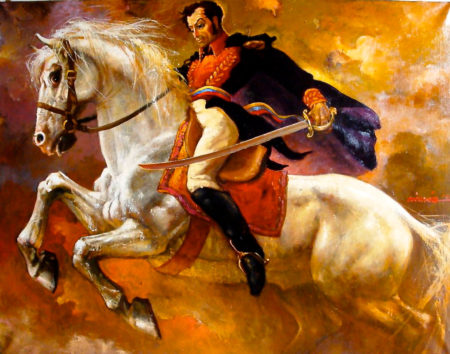
This article was originally published by the International Crisis Group on 5 August 2016.
Nicolás Maduro was elected president of Venezuela in April 2013 by a narrow margin. His term is due to end in January 2019, unless the opposition Democratic Unity (MUD) alliance can force a recall referendum this year – and win it. But does President Maduro really run the country?
In recent weeks Nicolás Maduro appears to have taken a back seat to Venezuela’s top general, defence minister Vladimir Padrino López, who also – unusually – holds the post of operational commander of the armed forces.
On 11 July, Maduro announced that he and Padrino would jointly head a newly-created “Civilian-Military Presidential Command”, charged primarily with resolving the country’s acute shortage of food, medicines and other basic goods. All other ministries and state institutions have been subordinated to this body, whose functions not only cover stimulating production, controlling prices and overseeing distribution and imports of food, but also the country’s security and defence.
The prominence of the military in determining Venezuela’s political future was illustrated once again by the appointment on Wednesday of Néstor Reverol as interior minister. Unlike Padrino, who rose through the army, Reverol hails from the National Guard. His alleged criminal connections – he was promoted to the post of minister after being served a US court indictment the day before for assisting drug traffickers – suggests that different factions in the military may now be jostling for shares of influence in the state.

